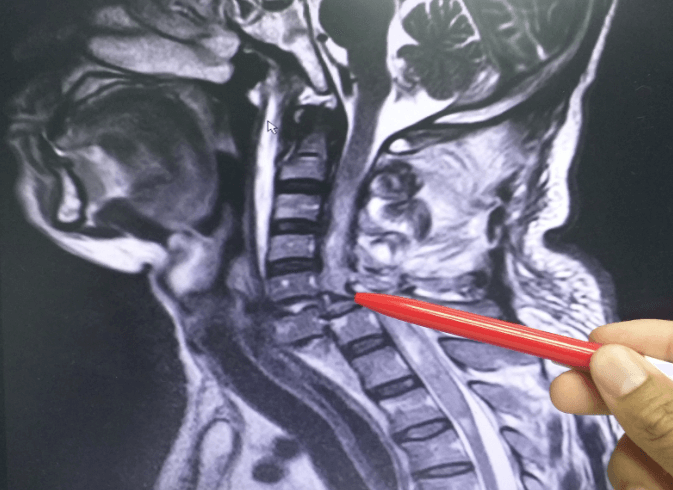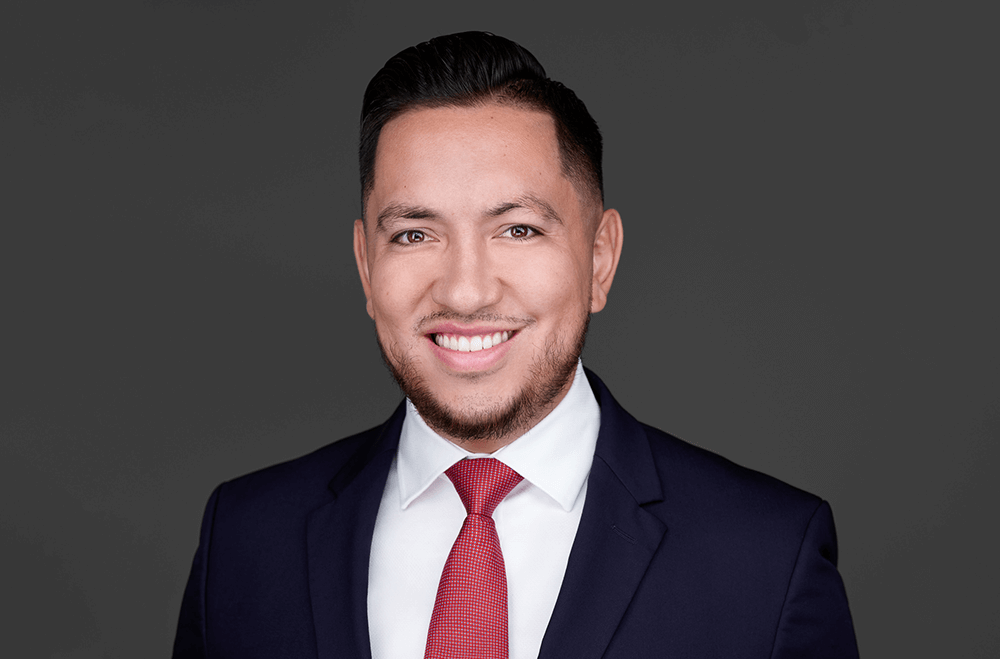Our team of experienced Pearland personal injury lawyers handle the cases that no one wants to think about having to deal with – the cases where you or a loved one is injured by the fault of another. Located just south of Houston, our personal injury law firm offers free case evaluations. Contact us today for a free initial consultation to discuss your legal rights.
Table of Contents
- Types of Personal Injury Cases We Handle
- Personal Injury Claims and Texas Personal Injury Law
- How A Personal Injury Case Works
- What To Know When You Hire a Personal Injury Attorney
- How long does a personal injury case last?
If you were hurt on the job or injured on another’s property, our skilled Pearland Personal Injury Attorneys will meet with you free of charge and help you determine the best legal course of action for you and your loved ones.
Types of Personal Injury Cases We Handle at J.D. Silva and Associates
Personal injury claims can include a variety of scenarios that result in serious injuries. Some of the most common types of cases our Pearland personal injury lawyers handle include:
- Car Accidents
- Truck Accidents
- Motorcycle Accidents
- Dog bites and animal attacks
- Wrongful Death
- Work Injuries including Construction Accidents
- Slip and Fall Accidents
Personal Injury Claims and Texas Personal Injury Law

Texas Statute of Limitations
A statute of limitations is a legal way of saying “this is how long you have to file a lawsuit.” In Texas, for most personal injury claims, the statute of limitations requires an injured party to file their lawsuit two years from the date of the incident. This also applies to wrongful death cases. While there are exceptions for cases involving injuries to minors and cases that involve fraud or breach of contract, the two-year statute of limitations in personal injury cases is the general governing rule. If your case involves a government entity or employee, your lawyer will need to file a claim within six months of the incident as per the Texas Civil Practice and Remedies Code Section 101.101.
In Texas, for most personal injury claims, the statute of limitations requires an injured party to file their lawsuit two years from the date of the incident. This also applies to wrongful death cases.
Liability in an Injury Case
Liability: In order to have a viable claim, a plaintiff must be able to show a defendant owed a duty of care to the injured party and breached that duty, that this breach was the cause of the victim’s injury (causation), and that the victim did suffer damages as a result of the injury. In cases where the fault is shared among multiple parties, if the injured party is one of the responsible parties, it will impact the total compensation they can receive – the plaintiff will have their award reduced by an amount equal to their percentage of fault. If the plaintiff’s fault exceeds that of the parties they sued, they cannot win.
Compensation for Medical Expenses and Other Damages

How A Personal Injury Case Works
Seek out and Receive Medical Treatment

Seek out and retain an Experienced Personal Injury Lawyer
After ensuring your medical condition is secure, seek out and retain an experienced personal injury lawyer. At J.D. Silva and Associates, our injury attorneys will investigate your claim and review all applicable records. As part of the investigative process, our legal team will interview you to learn as much as possible about the incident, your injuries, your medical treatment, and how what happened to you has affected and continues to affect your life. Our legal team will order all of your medical records and bills as well.
Settlement Negotiations with the Insurance Company
After a thorough review and assessment, your lawyers will send a demand to the representatives of the responsible party or parties – usually one or more insurance companies. Many lawyers will wait until their client has reached maximum medical improvement (MMI) before making a demand to ensure all potential damages have been included in what is sent over to the other side. If the demand does not yield fruitful settlement negotiations, your lawyer will file a personal injury lawsuit.
Personal Injury Litigation Phase

After discovery is completed, lawyers for both sides will discuss settlement negotiations. Sometimes they can work the case out through letters, phone calls, and emails; and, other times, they will turn to alternative dispute resolution through mediation. During mediation, all parties and their lawyers work with a neutral third-party mediator to try to resolve their case without going to trial. While it very often works, if mediation proves unsuccessful, the case will be set for trial.
While it very often works, if mediation proves unsuccessful, the case will be set for trial.
A personal injury trial will vary in length depending upon a variety of factors, including how complex the case is and how the court handles its trials. Typically, the trial will last for at least several days and at the end a judge or jury will determine if the defendant or defendants are responsible for the plaintiff’s damages; and, if they are responsible, how much they will have to pay the plaintiff. After the verdict and award, either side can appeal.
What To Know When You Hire a Personal Injury Attorney
A personal injury attorney is a lawyer providing legal services to those who have been injured as a result of the negligence or wrongful behavior of another party or parties. Our lawyers fight for the rights of victims of others’ bad acts in order to get them the compensation they deserve and need to move forward with their lives. When you are in need of the services of legal counsel, you should ask the following questions during an initial phone call, meeting, or consultation:
- Do you regularly handle cases like mine?
- Do you have client testimonials or reviews I can see?
- Who will I be talking to while we work together?
- How long will my case take?
- Do you think my case has any problems and what are they?
- Do you have any personal injury case results I can look at?
- How often do you go to trial?
Having the right personal injury attorney on your side makes a huge difference in your case. Ask the attorney any questions you might have. In addition, the attorney will also ask you many questions to fully understand your case. Be wary of a lawyer who promises you a certain amount of money early on, as good lawyers need time to evaluate the value of a case.
One important note about working with a personal injury lawyer is that most are paid on what is called a contingency fee basis. Our lawyers handle all injury and death cases on this payment structure. What this means is there is no fee unless your case is successful – your lawyer does not get paid unless you recover money. If you are awarded financial compensation, the lawyer’s fee is based on a percentage of your total recovery and they are paid at the end of the case after those funds have been issued. Once you hire an attorney, you will be asked to sign a contract with them that specifies the exact fee percentage they will take. Make sure to ask any and all questions about the fee before you sign it.
How long does a personal injury case last?
A personal injury lawsuit can take anywhere from a few months to several years. On average, these lawsuits take 18 months to three years. Understanding how a personal injury lawsuit works include understanding that it will take time to get you the best possible result. As detailed above, the litigation process is structured and time-consuming, but lawsuits are invaluable in forcing insurance companies to take your case seriously and make a reasonable offer of financial compensation. This is just one of the reasons why it’s always important to obtain the advice of an experienced personal injury attorney with extensive litigation experience who can guide you through the litigation process and achieve a successful outcome.
Contact Our Pearland Personal Injury Lawyers Today
Free Consultations
J.D. Silva & Associates has a team of attorneys ready to handle your personal injury case. Our injury law firm will will work closely with accident victims and their family to help you explore all the possible ways to hold the responsible parties accountable. Our experienced legal professionals will work to get you the compensation you deserve. We are located just south of Houston in Pearland, TX, Brazoria County and are waiting to hear from you.

Mr. Silva founded J.D. Silva & Associates in 2018 to spearhead his ongoing work advocating for injury victims. His background as a military medic and lawyer provide him with a unique, multi-faceted understanding of the medical issues involved in personal injury cases. As a lawyer with medical experience, he understands complex medical records used in litigation with confidence. Learn more about Attorney Johnathan Silva.

